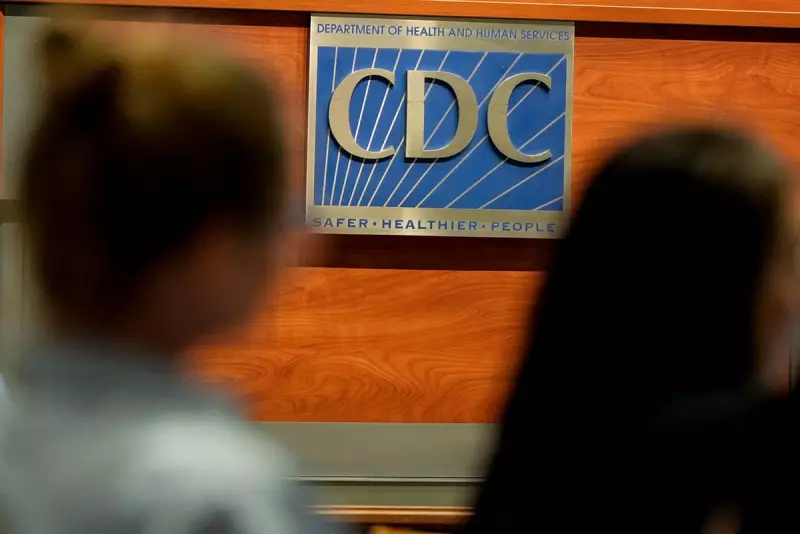
In a decisive moment for American public health, a key Centers for Disease Control and Prevention (CDC) advisory panel has formally rejected vaccine safety claims put forward by Robert F Kennedy Jr, dealing a significant blow to the environmental lawyer's campaign against established immunisation protocols.
Confrontation in the Committee Room
The tense exchange unfolded during a scheduled meeting of the Advisory Committee on Immunization Practices (ACIP), where Kennedy appeared to present his case against routine vaccination schedules. Committee members listened to his presentation before delivering a unanimous verdict supporting current CDC vaccine recommendations.
"The evidence supporting vaccine safety and efficacy remains overwhelming," stated one committee member during the hearing. "While we welcome dialogue, we cannot endorse claims that contradict decades of scientific research and put public health at risk."
Kennedy's Controversial Claims
Robert F Kennedy Jr, who has emerged as a prominent figure in the anti-vaccine movement, presented arguments questioning the safety of several childhood immunisations. His appearance before the committee marked a rare opportunity for his views to be scrutinised directly by federal health authorities.
The confrontation comes amid Kennedy's ongoing political campaign, where vaccine scepticism has become a cornerstone of his platform. Public health experts have expressed concern that his messaging could undermine vaccination efforts and potentially lead to resurgences of preventable diseases.
Scientific Consensus Prevails
Following Kennedy's presentation, ACIP members systematically addressed each of his claims, citing numerous peer-reviewed studies and extensive clinical data supporting vaccine safety. The committee emphasised that their recommendations are based on continuous monitoring of vaccine safety data through multiple robust surveillance systems.
"Our decisions are guided by science, not politics or personal belief," another committee member asserted. "The data consistently shows that vaccines are among the most effective public health interventions ever developed."
Broader Implications for Public Health
This high-profile rejection of anti-vaccine rhetoric signals the medical establishment's determination to push back against misinformation that gained traction during the pandemic. Health officials worry that declining vaccination rates could threaten herd immunity for diseases like measles and whooping cough.
The CDC committee reaffirmed its support for the current childhood vaccination schedule, noting that alterations could leave children vulnerable to serious illnesses. They emphasised that the benefits of vaccination "far outweigh the risks" and encouraged parents to consult healthcare providers about immunisation concerns.
As the 2024 election cycle intensifies, this clash highlights how vaccine policy has become increasingly politicised, presenting new challenges for public health authorities striving to maintain scientific standards amid growing ideological divisions.





